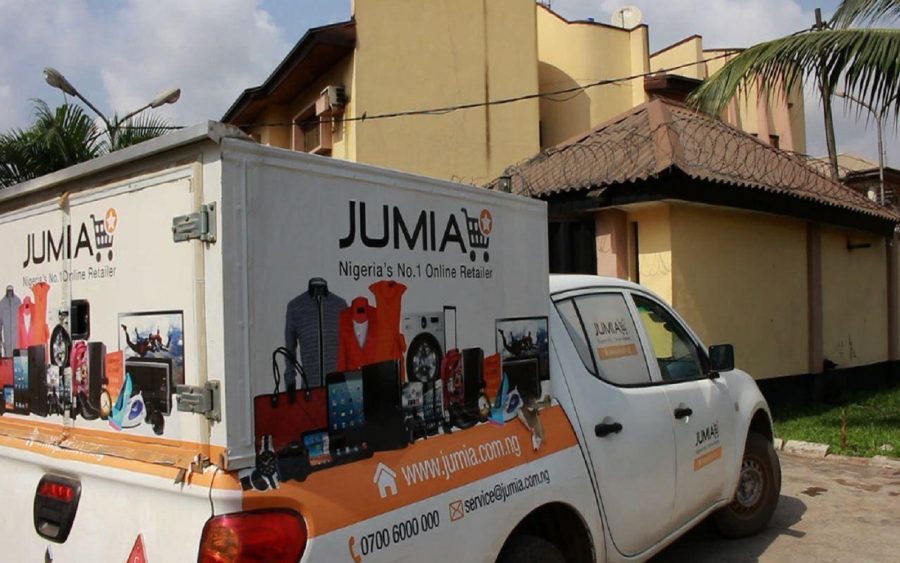Jumia’s growth over the years has been attributed to an integrated and interconnected ecosystem across all the twenty-three African markets where the company currently operates.
Juliet Anammah, Jumia Nigeria’s Chief Executive Officer, made this known recently while fielding questions from a group of foreign journalists who came on a tour of Jumia’s “expansive Lagos warehouse located in Ikeja.”
In a press release that was issued to Nairametrics yesterday, Ms Anammah stated that the integrated ecosystem was designed to capture customers’ daily needs on a single platform instead of making use of multiple platforms.
“We built one integrated, inter-connected ecosystem that captures most of the simple day to day needs that people could do on the same platform rather than multiple platforms. That really helps in scaling the business, building one brand across the continent and building the same experience for consumers across the continent. Rather than just focusing on shopping, we included the other things people would normally do: order food, book flights and hotels.” -Anammah
The company, which was first introduced to Nigeria and three other African countries back in 2012, has quickly grown to become what is arguably the most dominant e-commerce platform on the continent. Examples of other African countries where the company currently operates include Egypt, Algeria, Uganda, Kenya, Senegal, Ghana, and Cameroon, etc.
Meanwhile, Jumia’s steady growth has not been without some challenges. The company currently faces stiff competition from other e-commerce platforms, most notable of which is Konga which was recently acquired by Zinox Technologies and merged with Yudala. There is also the prevalence of other smaller scale, yet notable online shopping platforms which the company will always have to contend with.
Other challenges entail the general uneasy business atmosphere in the country which is compounded by infrastructural deficiencies as well as the high cost of doing business in the country. Specifically, there is also the deficiency in logistics which is caused by bad road networks among other things.
While speaking on the issue of logistical challenges, Anammah, however, stated that it was both a challenge as well as an opportunity. According to her, there are many third party logistics players in the Nigerian market who do have the capacity even though they lack e-commerce experience. Jumia creates a marketplace for these people, she said. In her words, “we’re trying to aggregate them and create a marketplace where they can have assets like tricycles, and small vans which they can use to deliver in different parts of the country.”
From all indication, it is obvious that Jumia is positioning itself for greater things in the African e-commerce market.













